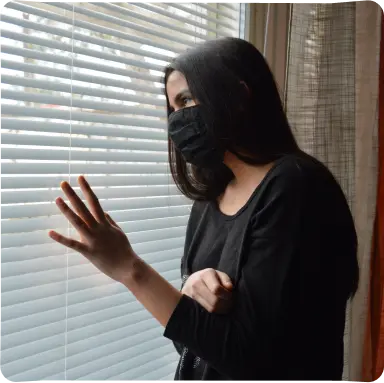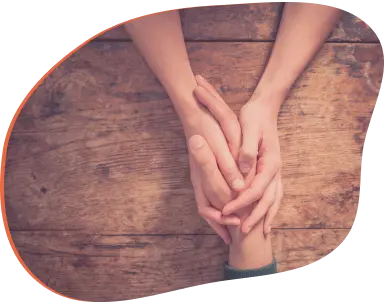Shyness is a feeling of awkwardness or worry that occurs during social situations. Almost everyone feels shy every now and then, and it is a completely normal feeling to have.
On the other hand, Social Anxiety Disorder (SAD) is a severe fear of situations involving interaction with others or any kind of social situation, particularly when there is a possibility of being judged by strangers. Exposure to social situations can immediately provoke an anxiety response, leading to avoidance of the situation. This further causes various emotional and behavioural problems such as loss of self-confidence, depression, and substance abuse. Thus, shyness and social anxiety are not the same.
Social Anxiety can interfere with a person's ability to function in daily life. It can stop them from becoming involved in relationships, romantic or friendship. Some may avoid eating at a restaurant or using a public restroom, causing them to miss out on joining family members and friends. For some, it prevents them from working. Many people with SAD feel isolated and alone.










